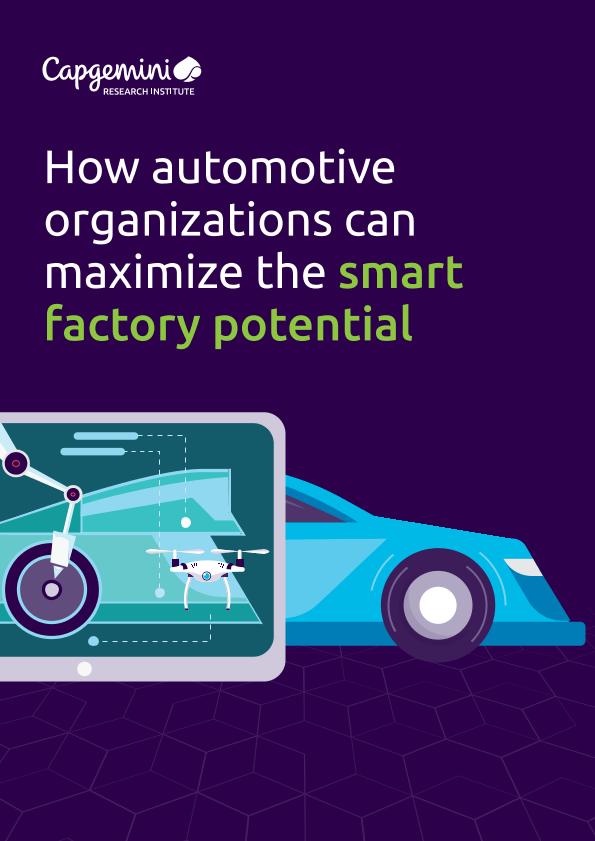How automotive organizations can maximize the smart factory potential

Contenido multimedia no disponible por derechos de autor o por acceso restringido. Contacte con la institución para más información.
| Tag | 1 | 2 | Valor |
|---|---|---|---|
| LDR | 00000cam a22000004b 4500 | ||
| 001 | MAP20200026860 | ||
| 003 | MAP | ||
| 005 | 20200807124424.0 | ||
| 008 | 200416s2020 fra|||| ||| ||eng d | ||
| 040 | $aMAP$bspa$dMAP | ||
| 084 | $a921.8 | ||
| 245 | 1 | 0 | $aHow automotive organizations can maximize the smart factory potential$cMarkus Winkler...[Et al.] |
| 260 | $aParis [etc.]$bCapgemini Research Institute$c2020 | ||
| 300 | $a40 p. | ||
| 520 | $aWith the Fourth Industrial Revolution accelerating, manufacturing is focused on the factory of the future. Our 2019 research on smart factories in the sector found that nearly 70% of manufacturers as a whole have ongoing smart factory initiatives, up from 43% in 2017. And, our 2018 research into the automotive sector in particular also found significant appetite. Today, auto OEMs and suppliers are commiting significant investment. Audi's Mexican factory was constructed with an investment of USD1.3 billion, while Great Wall Motor's smart facility in China cost USD629 million. While these are notable examples, we wanted to understand how auto firms are turning appetite for smart factories into reality. To understand whether they have been able to scale their smart factory intiatives, we surveyed a hundred auto firms, 98 of which have smart factory initiatives underway. We also spoke to executives overseeing smart factory initiatives across the world. | ||
| 650 | 4 | $0MAPA20080617219$aIndustria automovilística | |
| 650 | 4 | $0MAPA20080610845$aFábricas de automóviles | |
| 650 | 4 | $0MAPA20080605674$aDesarrollo tecnológico | |
| 650 | 4 | $0MAPA20080586546$aNuevas tecnologías | |
| 710 | 2 | $0MAPA20200008163$aCapgemini Research Institute |

